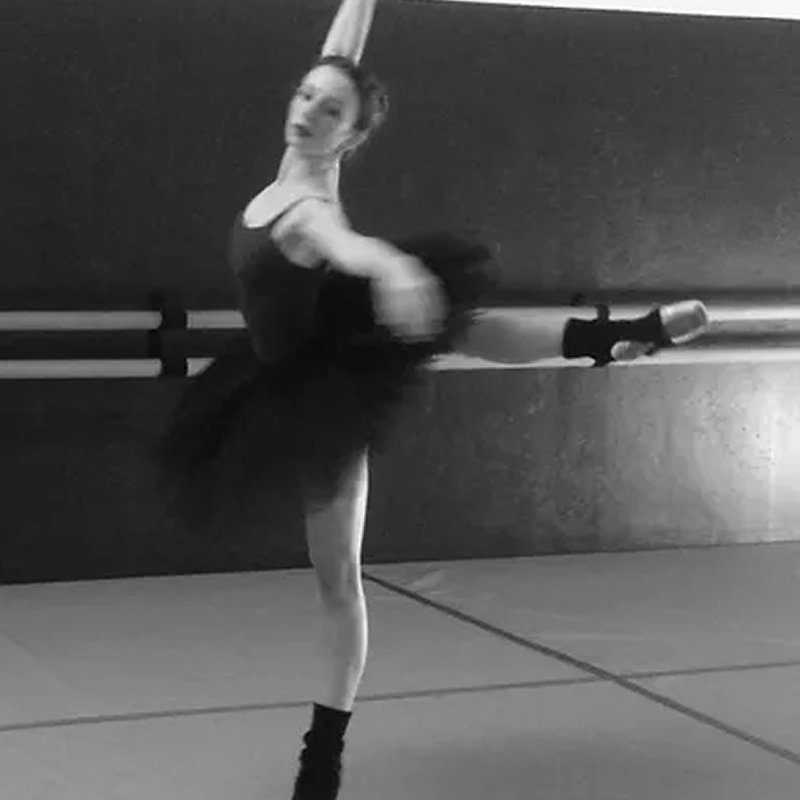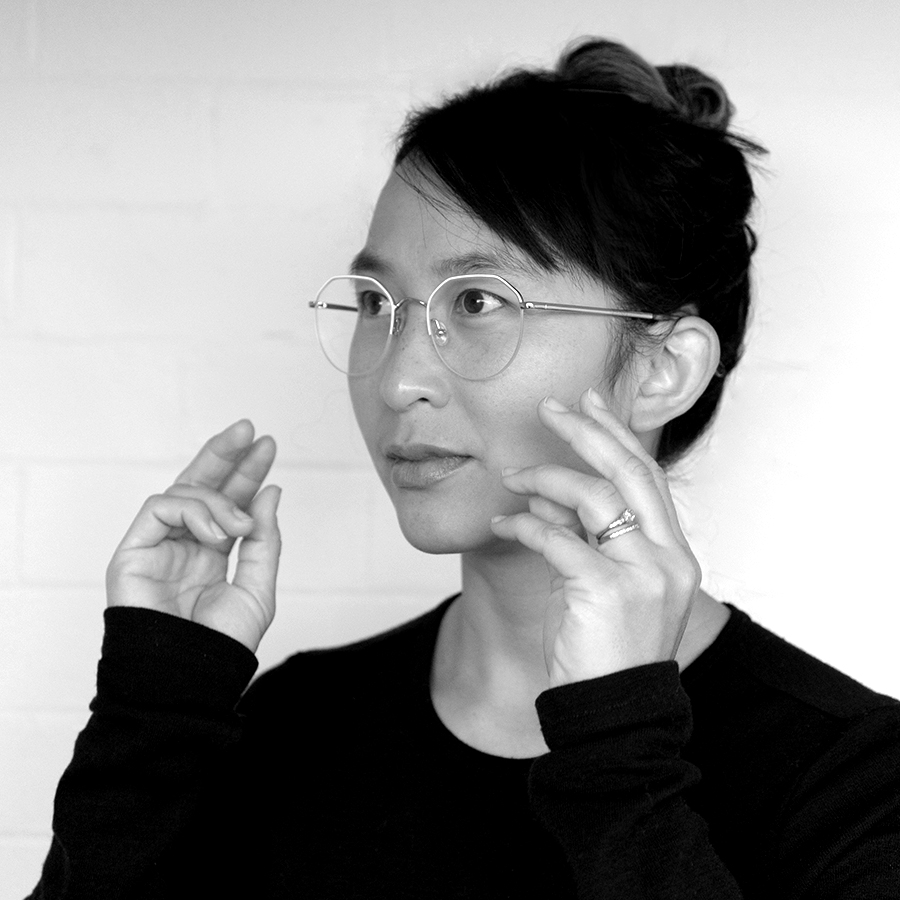
ASKING FOR A FRIEND
How to sell myself but in an honest way?
ASKING FOR A FRIEND - QUESTION
Finding the sweet spot between confidence and humility is tricky for any creative — especially if you hate the idea of ‘selling yourself.’ In this practical, reassuring read, a psychologist and a creative agency leader unpack what authentic self-promotion really looks like, how to approach it as a conversation (not a performance), and why genuine connection always beats a polished pitch.
Walking into a room full of important people and trying to strike that delicate balance between confidence and humility is like trying to pat a cat that hasn’t decided if it likes you yet — one wrong move and you’re either ignored completely or left with a scratch. The struggle to sell yourself in a way that feels real (and not gross) is one of the most common challenges for creatives — and one of the most important to get comfortable with.
This question was answered by Caitlin Thamm — psychologist and former professional dancer who helps creatives navigate the mental load of the industry, Nick Hunter — CEO and ECD of Paper Moose, a B Corp certified creative agency, and Sarah Nguyen — Head of Product at Streamtime.
Remember they’re human too
First things first: that intimidating person you’re trying to impress? They’re just a person. “What I like to remind myself of when I'm having conversation with anyone is that they're a person too,” Caitlin says. “They have their own uniqueness, they have their own day-to-days that they live just like we do.”
It sounds simple, but it’s powerful. When you see the interaction as a connection, not a performance, everything shifts. “I try to think of that as a way to connect with them,” Caitlin continues. “Obviously you have your things you're coming with and you should be proud of that, but at the end of it I feel like connecting with a person is the most helpful way to put yourself out there and for them to understand who you are and for you to understand who they are as well.”
It’s a conversation, not a show
A lot of people trip themselves up by thinking they need to give the perfect one-person pitch. Caitlin’s advice? Take the pressure off. “Remembering that it's a conversation as well rather than kind of a performance.”
A good conversation goes both ways. You’re not just selling — you’re also sussing out whether they’re the right fit for you. That takes the pressure off needing to be flawless.
Cultural wiring plays a part
Nick adds a reality check that’s worth remembering if you ever feel like this shouldn’t be so hard: “I don't think that you wouldn't have an American asking that question – they're just out there.”
In other words, your discomfort with self-promotion probably isn’t just a ‘you’ problem. Many of us come from cultures — or workplaces — where humility is the default. So if selling yourself feels unnatural, it’s not because you’re doing it wrong — it’s because you’re trying to do something that goes against years of conditioning.
Confidence isn’t arrogance
A big part of doing this well is understanding the difference between confidence and cockiness. Nick nails it: “There's also a big difference between being confident and being an arse.”
You can stand by your work, share what you’re proud of, and speak about your skills clearly — without crossing the line into boastful territory. “You should be confident in who you are and what you're doing and bringing your whole self to those conversations because they most likely want to engage with that whole person,” Nick says.
And if you’re worried about overselling, remember: “By the time that you're working with them they're going to find out who you are so you might as well be humble, be transparent but be confident in what you're bringing to the table.”
Express your value as genuinely as possible
So what’s the secret? Nick sums it up perfectly: “Express your value as genuinely as possible.”
That means being honest about what you’re good at, clear about what problems you solve, and not pretending you’re something you’re not. When you speak from a place of truth, people can feel it. And the right ones will want to work with you because of it.
Authenticity beats perfection
In the end, selling yourself isn’t about the perfect elevator pitch or shiny personal brand — it’s about showing up as you are. Connect human to human, be clear on what you bring, and be curious about the person on the other side.
In an industry that can sometimes feel full of smoke and mirrors, your realness is your advantage. It’s the thing that will make people want to keep working with you long after the first chat is over.
And like that cautious cat, trust takes time — but when it clicks, you’ll be glad you stayed true to who you are.
our guests
Industry Leader

Nick Hunter
Paper Moose
Mental Health Expert

Caitlin Thamm
Host

